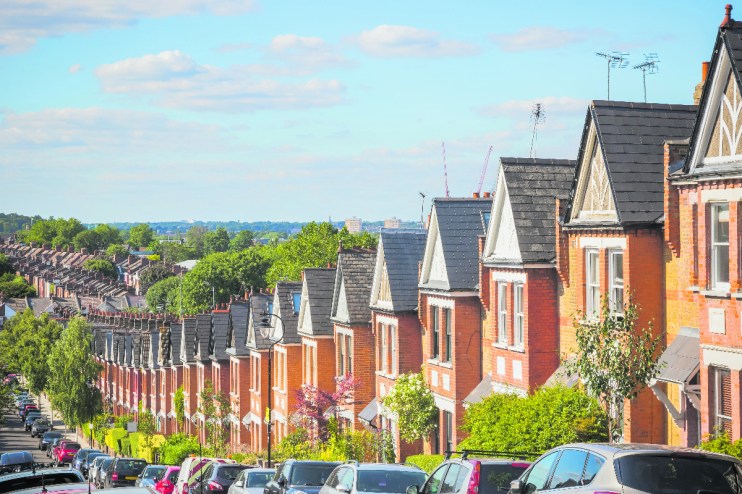Number of borrowers behind on mortgages jumps to eight-year high

Households are continuing to feel the strain from the Bank of England’s interest rate hikes with the share of mortgages in arrears continuing to creep up.
Figures from the Bank of England showed that the proportion of loan balances with arrears, relative to all outstanding mortgage balances, increased to 1.28 per cent in the first quarter of this year.
This was up from 1.23 per cent in the final quarter of last year, taking it to the highest proportion since the end of 2016.
The value of outstanding mortgage balances with arrears increased by 4.2 per cent on the previous quarter to £21.3bn. This was 44.5 per cent higher than a year ago.

The figures reveal how the Bank of England’s rate hikes have impacted consumers. The Bank hiked interest rates aggressively over 2022 and 2023 in response to soaring inflation, bringing the Bank Rate to a peak of 5.25 per cent.
Simon Gammon, managing partner at Knight Frank Finance, said the figures did not present a “systemic risk” to the housing market but did reveal the “serious” pressures faced by many households.
Markets expect the Bank to start cutting rates in a matter of months, but borrowers rolling over their current deals will still have to pay significantly higher rates.
James Hyde, spokesperson at Moneyfacts, said mortgage rates remain “much higher than they’ve typically been over the past 14 years.”
Households coming to the end of a five-year fix in June 2024 will see their interest payments almost double, he pointed out.
However, the Bank’s figures showed that new arrears cases actually decreased by two percentage points on the previous quarter taking new arrears to 11.4 per cent of the total outstanding balance of late mortgages. Gammon said these figures suggest “the situation may be stabilising.”
Arrears also remain low compared to the peaks of the financial crisis. In the first quarter of 2009, 3.64 of total loans were in arrears.